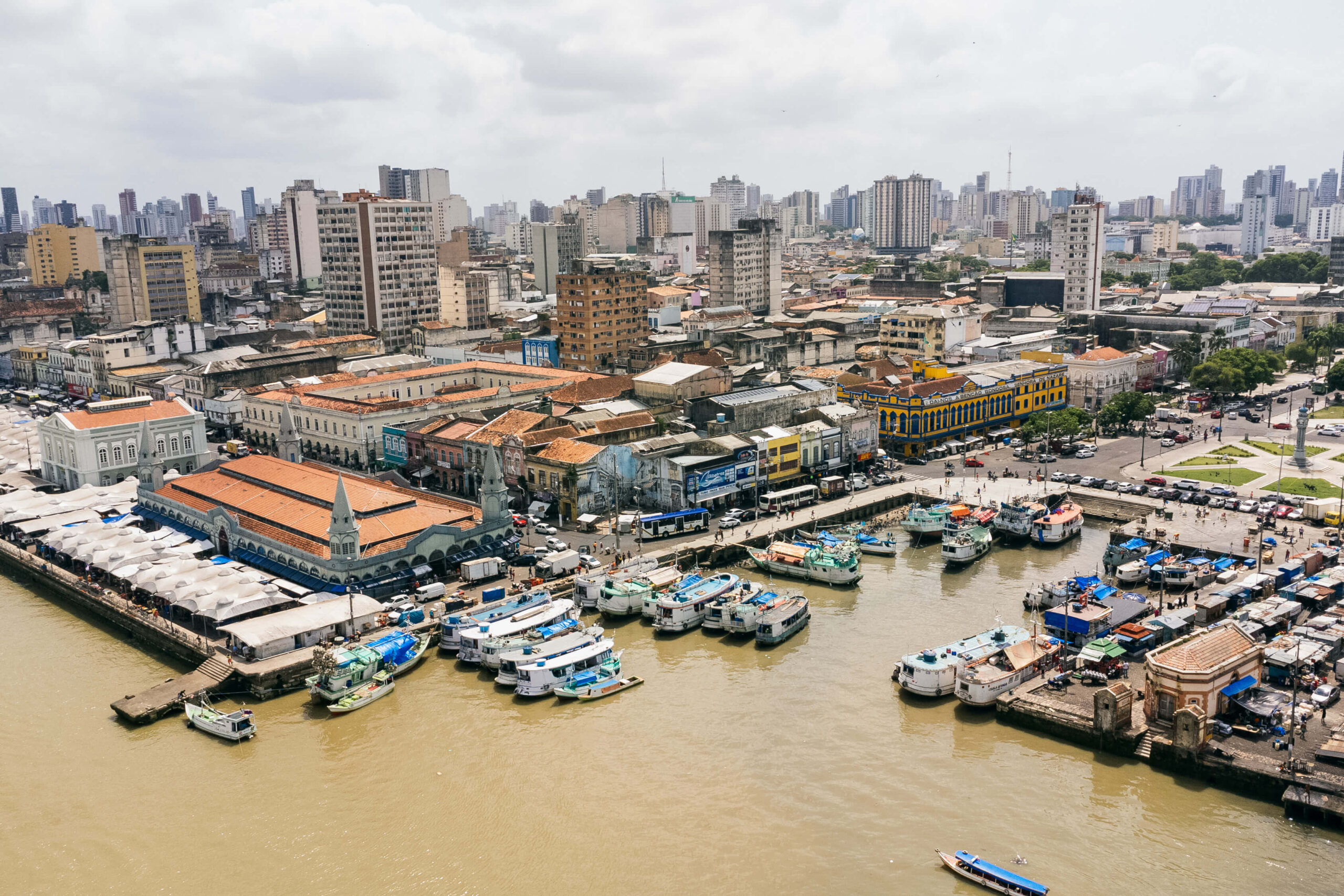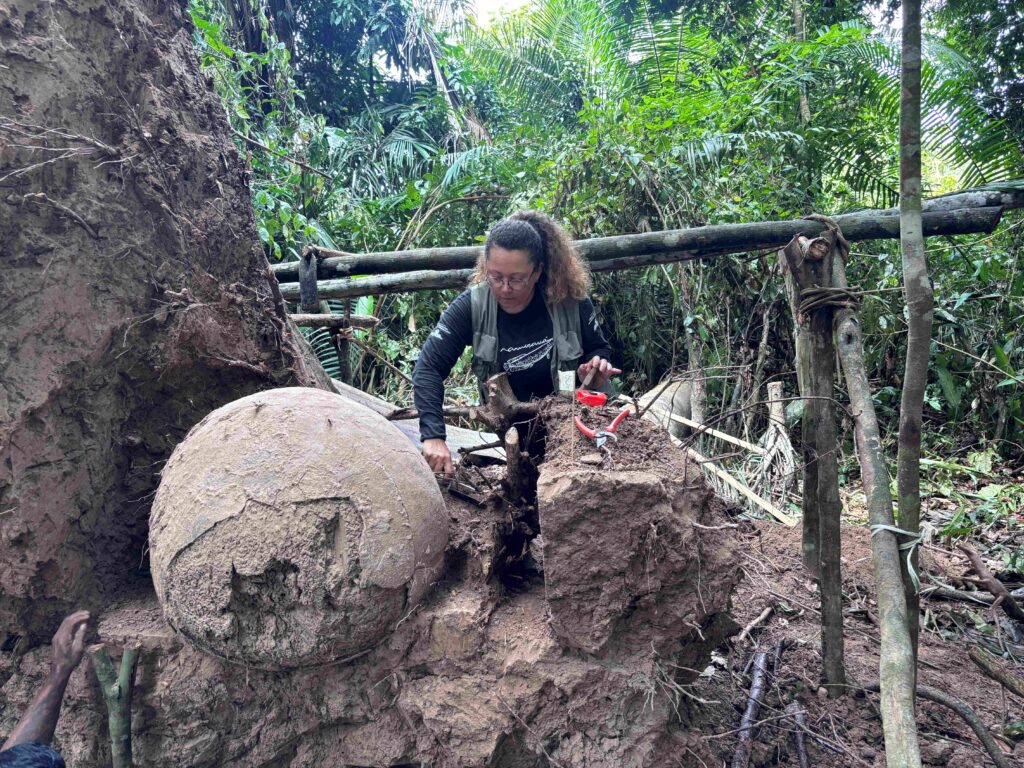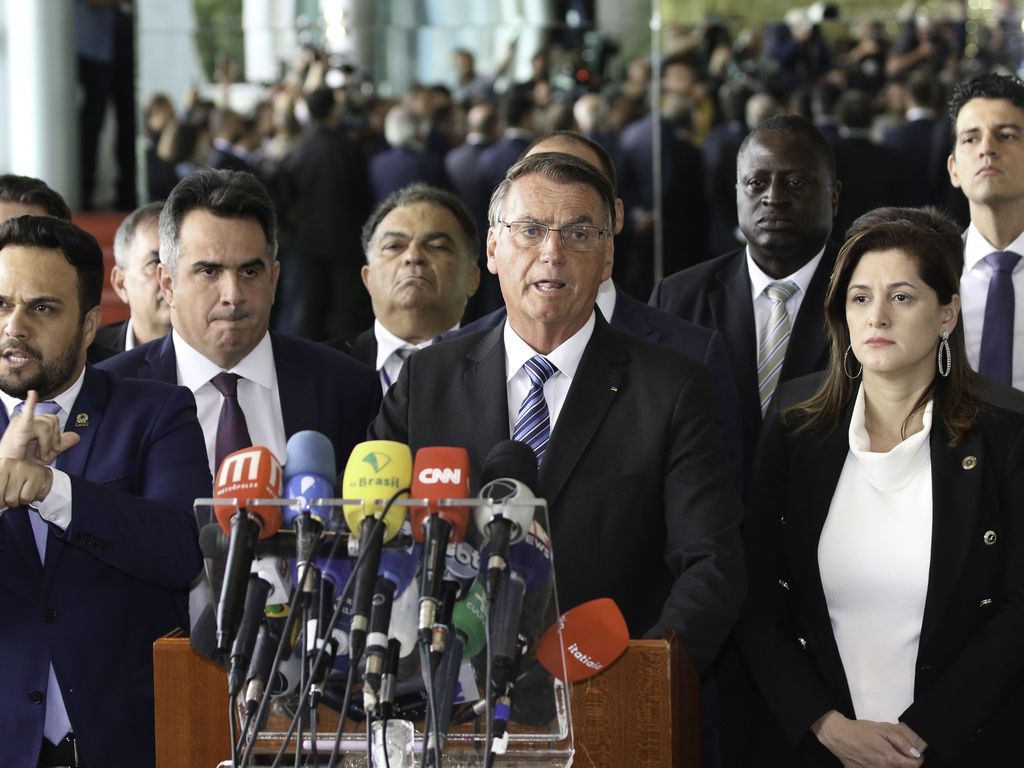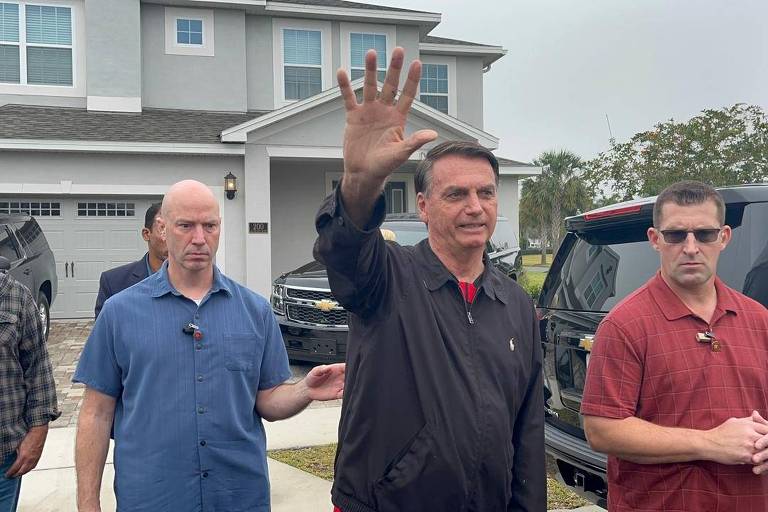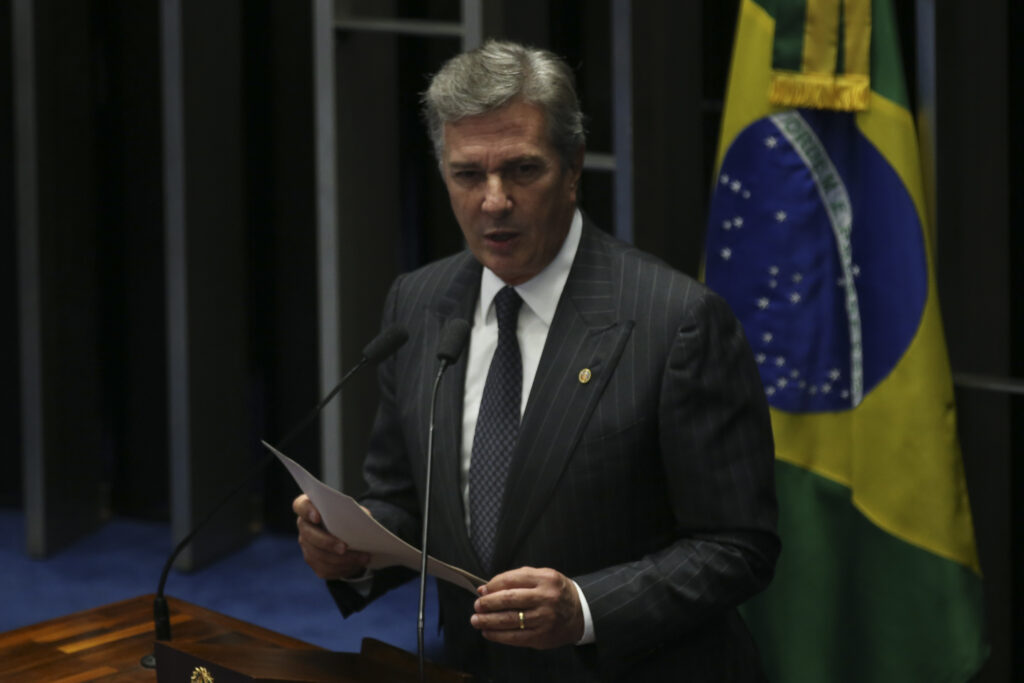São Paulo, Brazil – Belém, a city known as the gateway to Brazil’s Amazon region and the capital of the northern state of Pará, will host the 30th United Nations Conference on Climate Change (COP-30), one of the foremost meetings of world leaders and experts that address impending climate issues.
In an announcement made on May 26 by Brazil’s President Luiz Inácio Lula da Silva, the president appears alongside Pará Governor Helder Barbalho and Brazil’s Minister of Foreign Affairs Mauro Vieira.
“It will be an honor for Brazil to welcome representatives from around the world to a state in our Amazon. I am certain that Governor Helder Barbalho and the people of Pará are ready to host the best COP in history,” said Lula.
Founded in 1616, Belém developed along the banks of the Guamá River and the Guajará Bay, making the city practically a peninsula surrounded by the Amazon rainforest with only one land access route, the BR-316 highway. Today, nearly one and a half million people live in the second-largest metropolis in the northern region of Brazil, which will host the world’s largest climate event in November 2025.
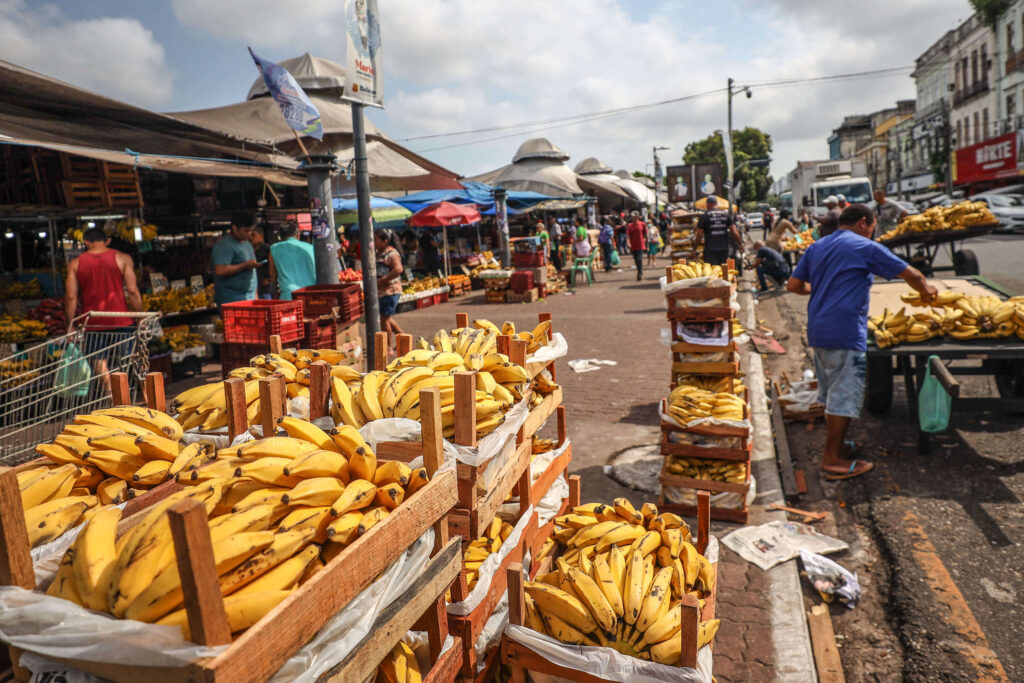
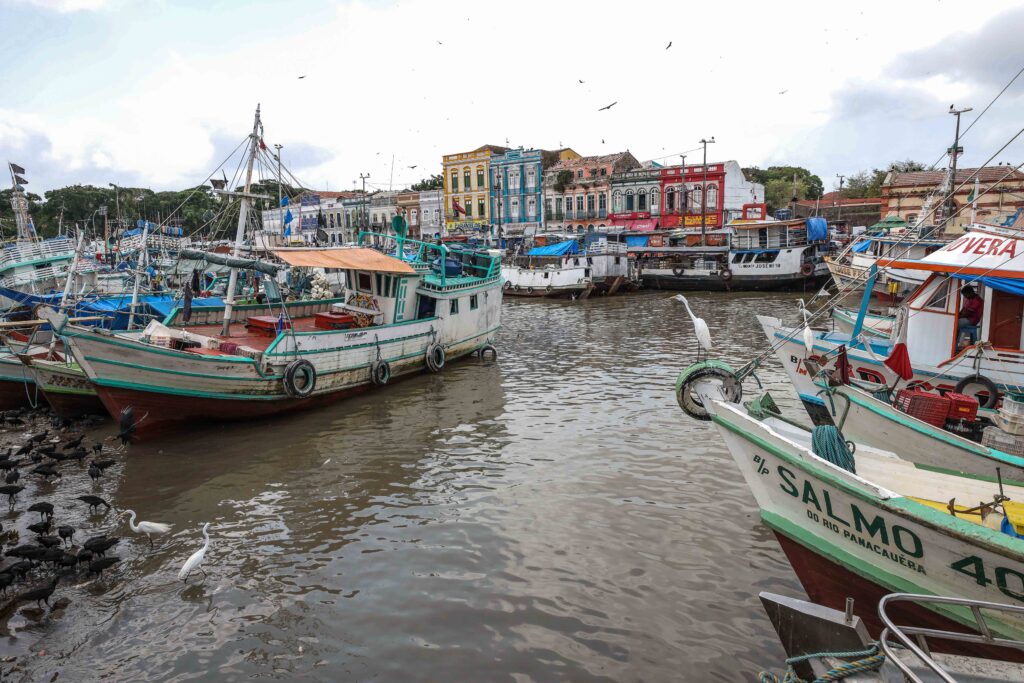
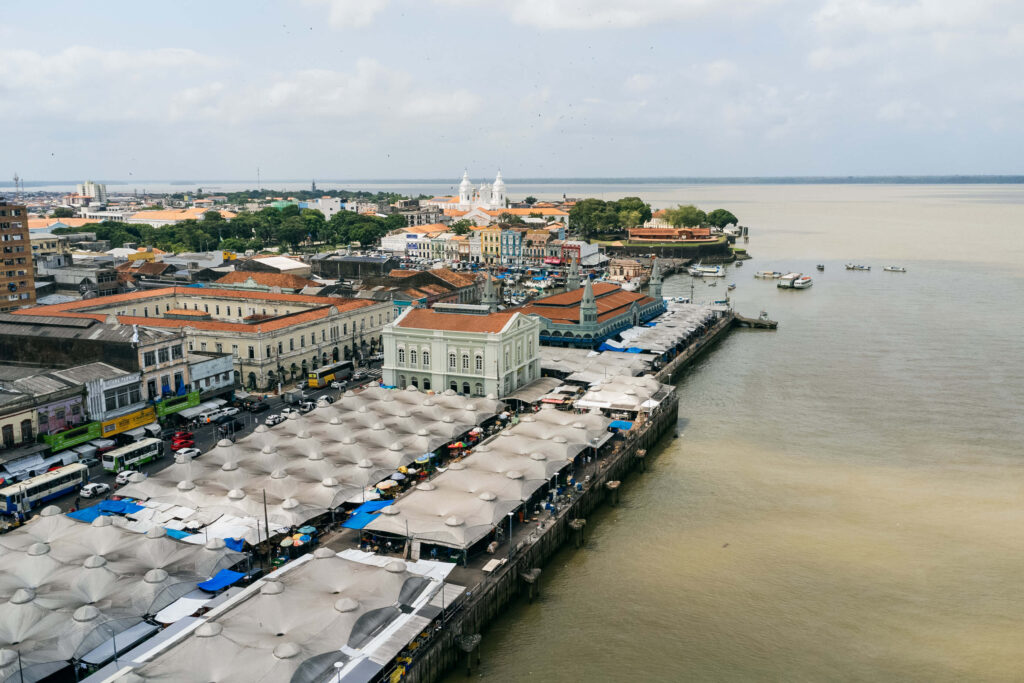
The announcement that the Brazilian city was chosen to host the conference comes at a time when the Brazilian government faces a major setback imposed by the parliament on its environmental agenda.
During the past week, lawmakers have advanced measures that effectively strip responsibilities from the Ministries of the Environment and Indigenous Peoples, jeopardizing the implementation of ongoing public policies to combat deforestation and protect the country’s Indigenous peoples.
This maneuver by Parliament is possible because, at the beginning of his term, President Lula carried out a major administrative reform in the government structure, increasing the number of ministries from 23 to 37.
To expedite this reform, Lula resorted to a device called a provisional measure. This mechanism is essentially a presidential decree that takes effect as soon as it is signed by the president.
The problem is that, as the name itself suggests, it is a provisional measure with a validity period of 120 days. To become permanent, it needs to be approved by members of Parliament, who have the prerogative to make changes to the original project received from the president.
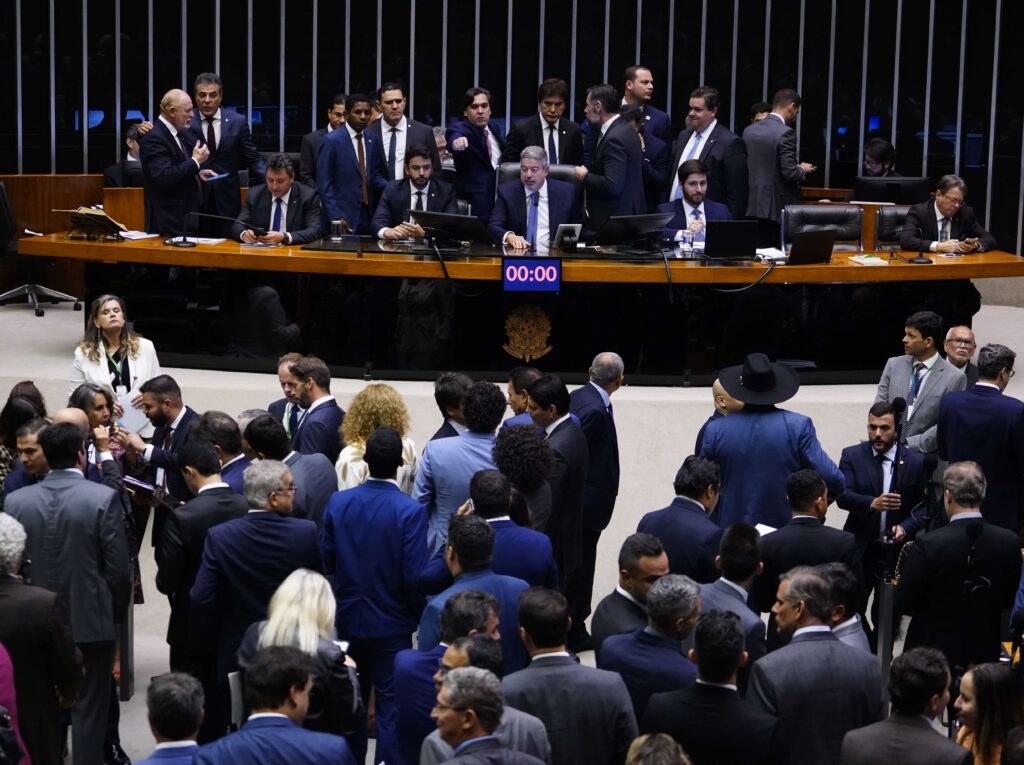
The preliminary committee of deputies and senators that analyzes these provisional measures has already made unpalatable changes for the government. Everything still needs to be approved in a vote with the participation of all lawmakers, but for now, the idea is that the newly inaugurated Ministry of Indigenous Peoples, for example, will lose the prerogative of carrying out the demarcation of new indigenous lands in Brazil, with this task falling under the Ministry of Justice, as it was during the government of former President Jair Bolsonaro.
The Ministry of the Environment is being hit the hardest. The agency may lose the management of the National Water and Basic Sanitation Agency and the National Policy for Water Resources to the Ministry of Integration and Regional Development.
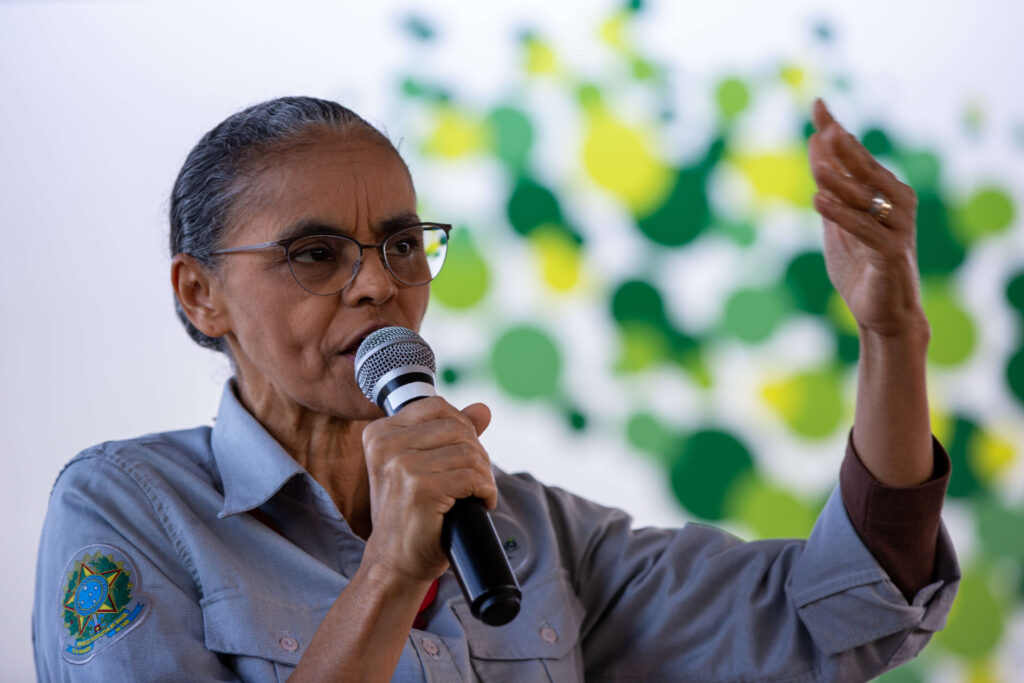
Furthermore, the Ministry of the Environment is also at risk of losing control of the Rural Environmental Registry, the mandatory registration for rural properties to operate in accordance with environmental laws. The registry helps the government monitor compliance with targets for the conservation of native vegetation areas and the restoration of ecosystems. Without the registry, producers cannot obtain licenses to operate. The idea among lawmakers is for the Ministry of Management to take over the Rural Environmental Registry.
The Brazilian Parliament’s move against the government’s environmental agenda may be a retaliation against the recent veto by the Brazilian Institute of Environment and Renewable Natural Resources (IBAMA) to the request by the state-owned oil company, Petrobras, to carry out oil exploration at the mouth of the Amazon River. The environmental agency’s denial displeased politicians from both the government and the opposition.
Faced with these threats, President Lula met with Environment Minister Marina Silva and Minister of Indigenous Peoples Sônia Guajajara on May 27. During the meeting, Lula told his ministers that there are still chances that these structural changes may not be approved, but the outcome of the upcoming votes, which have not been scheduled yet, is uncertain.


